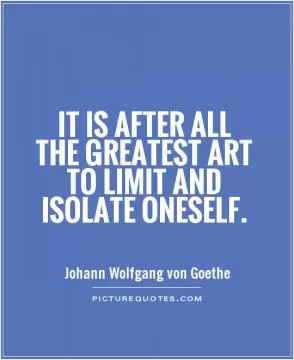Every author in some way portrays himself in his works, even if it be against his will

Every author in some way portrays himself in his works, even if it be against his will
Johann Wolfgang von Goethe, one of the most prominent figures in German literature, is a perfect example of an author who inadvertently portrays himself in his works. Despite his efforts to distance himself from his characters and stories, Goethe's personal beliefs, experiences, and emotions inevitably seep into his writing, shaping the narratives and characters in profound ways.One of the most famous works by Goethe is "Faust," a tragic play that explores the limits of human knowledge and the consequences of making a pact with the devil. While Goethe may not have made a literal deal with the devil like his protagonist, the themes of ambition, desire for knowledge, and the pursuit of perfection are all reflections of his own struggles and aspirations. Goethe was known for his insatiable curiosity and thirst for knowledge, which are mirrored in the character of Faust. Additionally, Faust's inner conflict between good and evil can be seen as a reflection of Goethe's own moral dilemmas and struggles with his own desires.
In his novel "The Sorrows of Young Werther," Goethe explores themes of unrequited love, despair, and the struggle to find meaning in life. The character of Werther, a young man who falls in love with a woman he cannot have and ultimately takes his own life, is often seen as a reflection of Goethe's own experiences with love and loss. Like Werther, Goethe experienced unrequited love and struggled with feelings of despair and hopelessness. The novel can be seen as a way for Goethe to process his own emotions and experiences, using fiction as a means of self-expression and catharsis.
Even in his more light-hearted works, such as "Wilhelm Meister's Apprenticeship," Goethe's personal beliefs and values shine through. The novel explores themes of self-discovery, personal growth, and the search for meaning in life, all of which were important to Goethe himself. The character of Wilhelm Meister can be seen as a reflection of Goethe's own journey of self-discovery and personal development, as he navigated the complexities of art, society, and relationships.












 Friendship Quotes
Friendship Quotes Love Quotes
Love Quotes Life Quotes
Life Quotes Funny Quotes
Funny Quotes Motivational Quotes
Motivational Quotes Inspirational Quotes
Inspirational Quotes